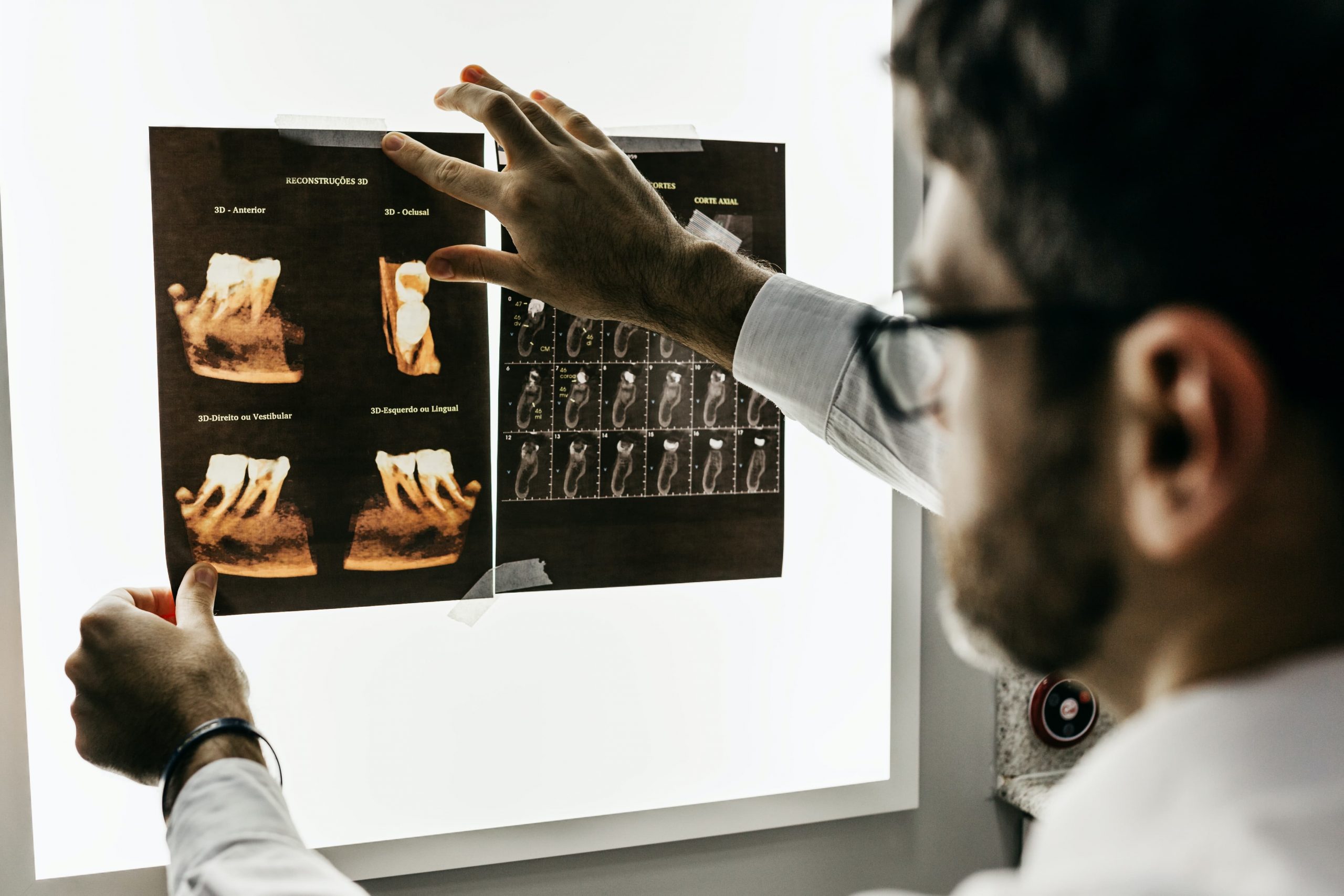
Cavities pose a risk to the teeth of children, teens, and adults alike. Children are considered to be more at risk for developing one or more cavities due to poor oral hygiene habits and a fondness for sweets. However, adults who lack solid oral hygiene habits can just as easily find themselves with tooth decay. In their early stages, cavities are easy to address. However, if the decay is left untreated, it can expand and lead to a serious tooth infection.
With any medical or dental concern, prevention plays a key role in keeping you healthy. Our team at Bridge Creek Dental has assembled some of the best tips that you can incorporate into your oral hygiene plan so you know how to prevent cavities.
1. Brush Routinely, To Prevent Cavities
How do you prevent cavities naturally?
Believe it or not, it is as simple as brushing your teeth twice a day, for a minimum of two minutes. Your toothbrush should be held at a 45-degree angle when you brush. It should contact the surface of your teeth and your gums. This will help ensure that you effectively remove plaque, food debris, and other unwanted particles from both your teeth and the soft tissues in your mouth.
As mentioned, you should brush your teeth for a full two minutes, at least, each time you brush your teeth. It is suggested that you brush after each meal, when possible.
2. Picking The Right Toothbrush
Not all toothbrushes are created the same. When selecting the right toothbrush, it is recommended that you avoid using a hard-bristled toothbrush. While it may seem that brushing harder will get rid of more plaque and debris from your teeth, this is not the case.
Brushing too hard with a brush with hard bristles can damage both teeth and gums. Opt for a medium to soft-bristled brush, preferably a power toothbrush that rotates or vibrates.
3. Don’t Forget To Floss
Flossing is considered to be one of the most neglected hygiene habits. We get it, it can take a bit of time, and you may even find that your gums bleed when you floss. However, flossing is the best way to keep those hard-to-reach areas between teeth clean and free from debris and avoid cavities. If your gums bleed when you floss, be sure to schedule an appointment with your dentist.
4. Choosing Mouthwash
Mouthwash does more than freshen your breath. This minty fresh wash contains ingredients designed to help fight bacteria, rinse away debris from the inside of your mouth and work as an added level of protection for the health of your teeth and gums.
Alcohol-free mouthwash is a good option for most, as it isn’t likely to sting your mouth or contribute towards the dry mouth.
5. Choose The Correct Toothpaste
While brushing daily is one of the most important aspects in preventing cavities, make sure you use the right toothpaste too. Toothpaste that contains fluoride can help to protect your teeth against the development of cavities. For children, this is particularly important. The flavor of toothpaste can help encourage children to brush their teeth.
6. Staying Hydrated
Drinking plenty of water is just an excellent overall healthy habit. A hydrated body is a healthy body, but there are additional benefits for your oral health. Most city water supplies have fluoride added to them, which can help to prevent tooth decay. It also helps to promote saliva production, which can help to rinse away debris and bacteria in your mouth.
7. A Tooth Friendly Diet Is Important
The naturally-occurring bacteria in the mouth thrive off of sugar it finds on your teeth, which is the true catalyst for developing cavities. Less sugar in your mouth means less sugar for the bacteria to feed upon. This then leads to less of a likelihood that you will develop a cavity.
The same holds true for drinks and foods that are considered to be acidic.
8. Routine Dental Visits
Is it possible to never get cavities?
Some people have great genetics. Combine that with a healthy oral care routine and great preventative care and it becomes easy to prevent cavity development. Some are fortunate enough never to experience a cavity. Be sure to get in to be seen by your dentist for a checkup and a professional cleaning, at least every six months.
It is also essential to take the guidance of your dentist seriously. Your dentist will recommend treatments, procedures, and other dental solutions to meet your dental wellness needs and to help prevent cavities. This could include fillings, crowns, sealants, or whitening treatments.
If you have pain in one or more teeth, make an appointment to be seen right away. Neglecting pain in a tooth can potentially lead to advanced decay that may require root canal therapy.